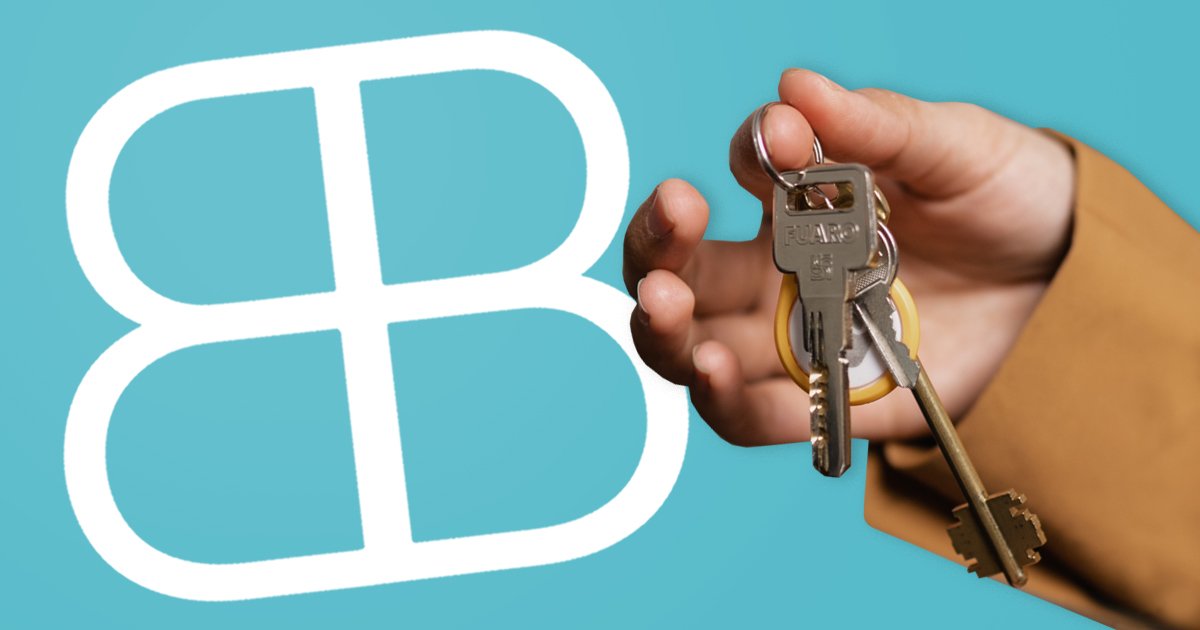Guide to Buying a Second Property

Buying a second property in the UK is a complicated and costly process, and this process is growing more difficult as the government seeks to cut down on second property ownership due to the housing shortage. Obtaining a mortgage on a second property is relatively simple if you have enough capital to invest, but you may encounter problems.
The good news is, if you are able to buy a second property, mortgage lenders are more than willing to help you achieve your goal.
Let’s discover the ins and outs of second property ownership with our guide to buying a second property.
How is a Second Property Different to Your First?
Buying your first property is relatively straightforward with a residential mortgage and tax breaks are offered for those buying for the first time.
With a second property, there will not be as many mortgage products available as the key requirement for residential mortgages is to reside in the house you are buying.
You will also encounter higher deposit requirements and may struggle to obtain a repayment mortgage on a second home. Finally, there are significant tax costs in the form of stamp duty, which has no relief and additional charges on second properties.
Will I Need a Different Type of Mortgage?
Yes, you will need a residential second home or buy to let mortgage if you are buying a second property. If you are looking to let out your second property for holiday makers you will need a holiday Let mortgage.
The type of mortgage required will depend on how you intend to use your second property.
A mortgage broker will be able to advise you of the specific product that you require according to how you want to use your second property.
Free consultations are available in the UK.
Get Started NowHow Much Can I Borrow for a Second Property?
It depends on the purpose of the second property. If the second property is a buy to let, how much you can borrow will largely be based on the property’s monthly rental assessment. If the rental passes the lender’s stress test calculation, you should be able to borrow up to 75% loan-to-value.
Whereas, you are likely to encounter problems with mortgage affordability if the second property is another residence. The reason is that your income is likely to already be stretched from your primary residence. This problem is exacerbated if you have a mortgage on your primary residence too. As a result, you should expect to borrow far less on your second property compared to your primary residence.
What Costs are Involved with Buying a Second Property
There are several costs associated with buying a second property in the UK. You will need to budget for:
- Conveyancing Costs
- Insurance Costs
- Survey Costs
- Mortgage Lender Fees
- Stamp Duty
- Mortgage Broker Fees (if applicable)
- Deposit
To get a rough idea of how much these costs will be, we have broken them down below:
Conveyancing Costs
The average conveyancing costs in the UK is £1500. This covers everything from property searches to drawing up the contracts and filing your ownership with Land Registry.
Insurance Costs
Insurance costs are a bit of an unknown quantity. You will need home insurance (buildings cover) for your second property and as you may not be occupying the property for much of the year, this can be expensive. There is also the option to take out life insurance and critical illness cover to protect the mortgage liability.
Survey Costs
Before buying a property, you should ensure it is constructed well and in good condition. Surveys range in cost depending on the level of the survey but can be up to £1500 for a full building survey.
Mortgage Application Fees
Every lender has an application fee, also known as a booking fee, to cover the cost of the admin involved in arranging a mortgage. They may also charge a small fee for the mortgage valuation. Although, valuation charges are often incurred by the lender to incentivise you to submit an application. Your application fee can be added to the loan in most cases. However, lenders require the valuation fee to be charged upfront.
Stamp Duty
Stamp Duty Land Tax on second properties is charged at the standard rate plus an additional surcharge of 3%. The second home stamp duty rules are complex and even apply to jurisdictions outside the UK. For example, if you own a property in France and buy your first home in the UK, you will be billed the second home stamp duty rate.
For a property valued at £300,000, the second home stamp duty charge is £11,500.
Mortgage Broker Fees
Unlike Boon Brokers (who provide fee-free mortgage advice) most brokers charge a broker fee. The average broker fee is £500 according to the Government’s Money Helper Service. Mortgage broker fees can be expensive with some brokers charging over £2000 per completion.
Mortgage Deposit
As with a standard residential mortgage, you will need a deposit. The minimum deposit requirement is still 5% for a residential mortgage and 20% for a buy to let mortgage. However, as mentioned previously, if your mortgage affordability is already stretched from an existing property with a mortgage, you may struggle to acquire a mortgage for 95% loan-to-value on your second property. Therefore, for a second residential property, you may find that the deposit requirements are far higher than the deposit required for your first purchase.
Mortgage Deposit
As with a standard residential mortgage, you will need a deposit. The minimum deposit requirement is still 5% for a residential mortgage and 20% for a buy to let mortgage. However, as mentioned previously, if your mortgage affordability is already stretched from an existing property with a mortgage, you may struggle to acquire a mortgage for 95% loan-to-value on your second property. Therefore, for a second residential property, you may find that the deposit requirements are far higher than the deposit required for your first purchase.
What Our Clients Have To Say
Buying a Holiday Home
With governmental pressure on the buy to let market, a growing trend in the UK is to purchase holiday homes to let out as an investment to maximise profit margin.
Holiday Let mortgages are designed to help you achieve this goal and have slightly different requirements compared to standard buy to Let mortgages.
If you are looking to purchase a holiday home exclusively for your own use, you will need a residential second home mortgage rather than a holiday Let mortgage.
Buy-to-Let Second Property
Yes, you can switch from an interest only mortgage to a repayment mortgage and this is a common practice for those wishing to clear the capital on the loan before the term expires.
For buy to let second properties, the only additional cost that differs to a first property purchase is stamp duty, which will have a surcharge applied.
As long as the monthly rental assessment is sufficient for the mortgage lender, the fact that it is your second property purchase has no bearing on your mortgage affordability.
Second Home Mortgages
The majority of second property purchases in the U.K. have buy to let mortgages due to the affordability restrictions discussed on residential second properties. Buy-to-let mortgages are typically taken on an interest-only payment basis. The reason for this is that the landlord is often seeking to maximise cash flow, which is achieved by an interest-only mortgage due to reduced monthly payments. For interest-only mortgage products, rental income is normally the primary factor affecting mortgage calculations.
Whereas, if a borrower takes a repayment mortgage, the borrower’s own financial situation (such as their income and financial commitments) is accounted for by the lender.
How a Mortgage Broker Can Help
Boon Brokers is a whole of market mortgage, insurance and equity release brokerage. Boon Brokers provides fee-free, no-obligation mortgage advice.
Contact Boon Brokers to discuss your second property mortgage today.
Gerard BoonB.A. (Hons), CeMAP, CeRER
Gerard is a co-founder and partner of Boon Brokers. Having studied many areas of financial services at the University of Leeds, and following completion of his CeMAP and CeRER qualifications, Gerard has acquired a vast knowledge of the mortgage, insurance and equity release industry.Related Articles
 Authorised and regulated by the Financial Conduct Authority. No: 973757
Authorised and regulated by the Financial Conduct Authority. No: 973757




